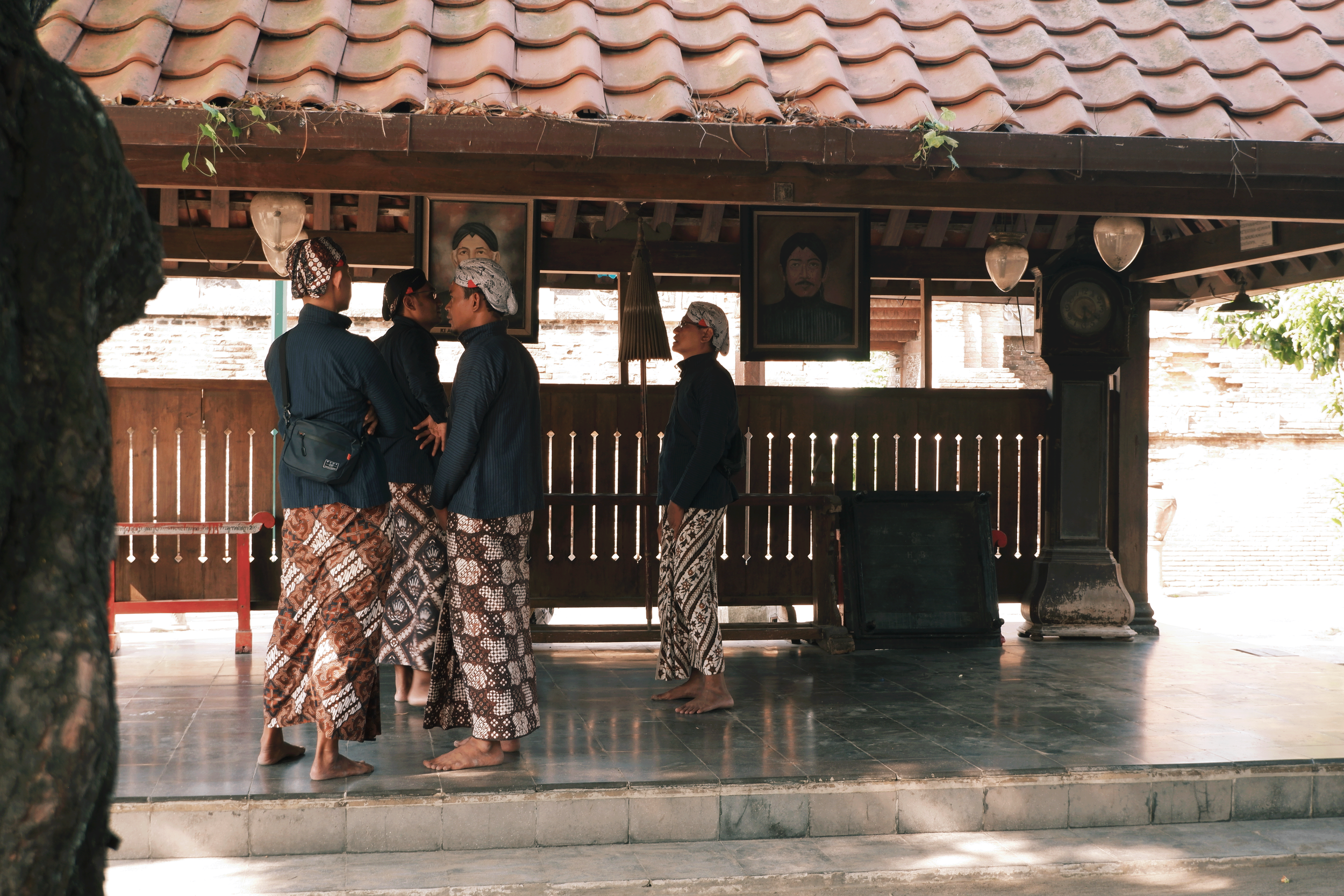The 4 Core Principles of Javanese Ethics: A Guide to Harmony and Respect
Javanese ethics centers on the principle of maintaining harmony between the human world and the natural environment. There are 4 core principles of Javanese ethics.
Harmony (Rukun)
This is the foundational principle of Javanese ethics, representing the ideal state of a unified and peaceful society. The individual's existence is seen as dependent on the well-being and security of the group. A person feels shame and guilt if their actions disrupt the peace of society, a condition called ora umum ("uncommon"). Gotong-royong is the tradition of mutual cooperation and is a concrete expression of rukun. This includes working together for public interest projects or helping a neighbor. And lastly, direct conflict and open disagreement are avoided in favor of diplomacy and consensus (musyawarah mufakat) to preserve harmonious relationships.Respect (Tepa Selira)
Javanese society is structured around a clear social hierarchy, and proper conduct depends on one's position within it. The culture is defined by deep respect, shown through humble behavior and specific speech levels for elders and superiors. This reverence extends to nature via rituals. Unggah-ungguh (maintaining proper respect) one must always show respect for others, especially elders or social superiors, through polite speech and posture. This is exemplified by bowing when passing someone more respected.Self-control (laku)
The ultimate ethical goal in Javanese philosophy is achieving inner peace through self-control (laku) the act of venturing inward to conquer ambition and passion. This pursuit leads to true knowledge (ngelmu) and attunement with the divine. The proverb, "working hard without expecting rewards in return" (Sepi ing pamrih, rame ing gawe), perfectly encapsulates this value of selfless devotion. The journey is completed by acceptance (nrima) finding peace by embracing one's situation without complaint.Foundational philosophies
These core values are supported by a holistic worldview that connects humans to the cosmos.
Memayu Hayuning Bawono: "To beautify and enhance the well-being of the world". This concept emphasizes human responsibility to maintain ecological and social balance. It is a cosmo-centric and theocentric ethic, acknowledging a reciprocal relationship with the universe and God.
Manunggaling Kawula Gusti: "The union between the servant (human) and God". This mystical concept describes a profound spiritual journey to achieve oneness with the divine, which is sought through meditation and ritual.
Sangkan Paraning Dumadi: "The origin and purpose of existence". This concept encourages reflection on one's origins and ultimate purpose to find a deeper meaning in life.


